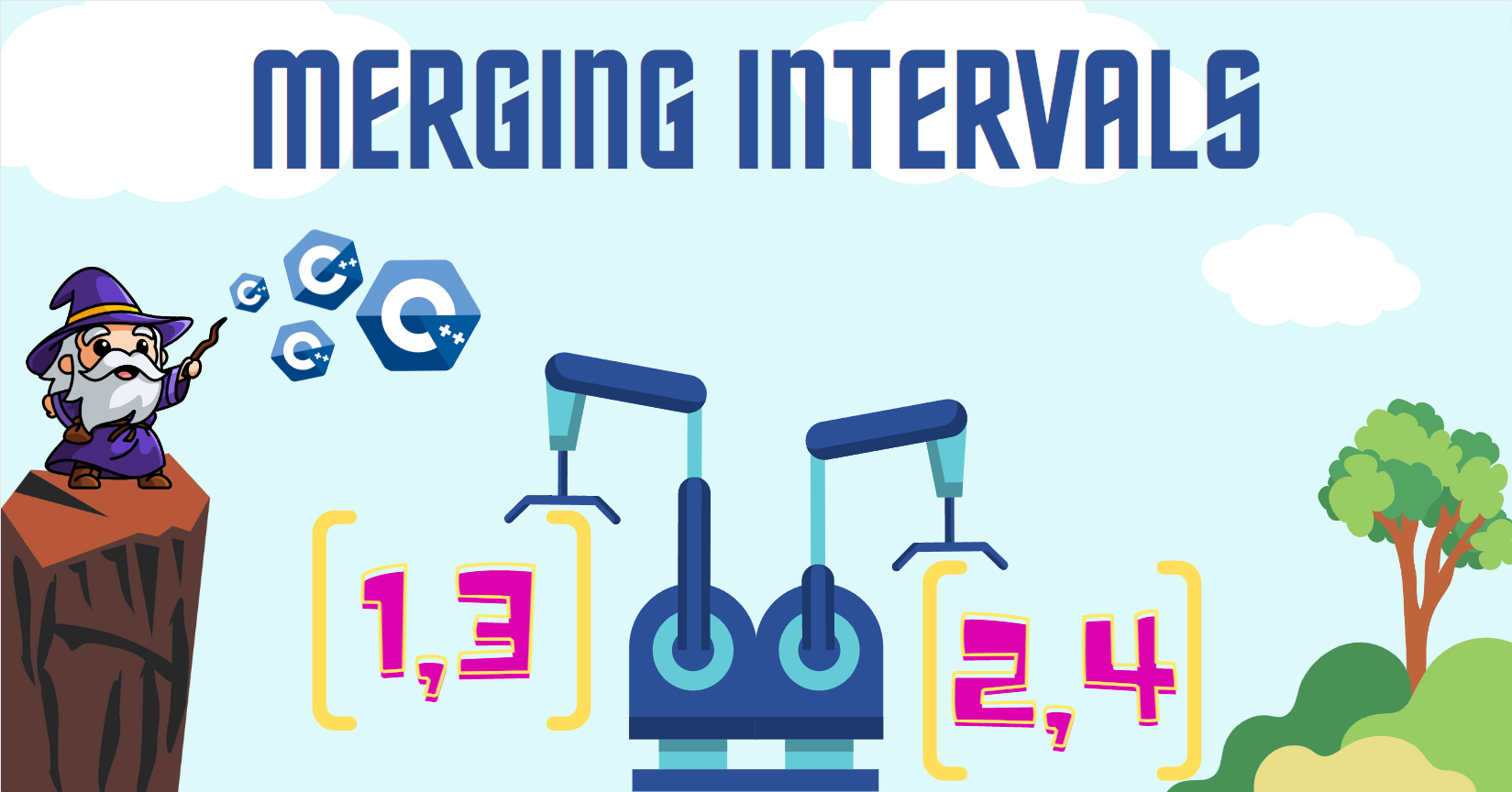Merging intervals in next-gen C++--Marco Arena
 Revisiting a classical programming puzzle in next generation C++:
Revisiting a classical programming puzzle in next generation C++:
Merging intervals in next-gen C++
by Marco Arena
From the article:
A few weeks ago, I set this problem at Coding Gym: given an array of intervals where intervals[i] = [starti, endi], merge all overlapping intervals, and return an array of the non-overlapping intervals that cover all the intervals in the input...

